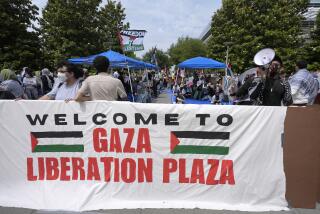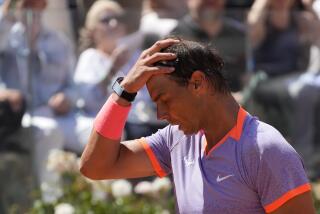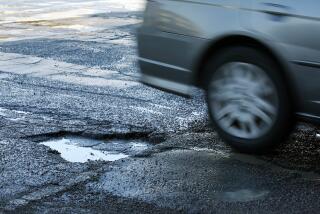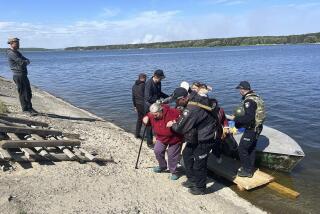Muslims arrive in Saudi Arabia for Hajj tarred by Iranian rancor
Thousands of Muslims on Thursday climbed Jabal alNour mountain in western Saudi Arabia, roughly three kilometers from the holy city of Mecca, to view the cave believed to be where Prophet Mohammed had his first revelations of the Holy Quran, an epa journalist reports.
Batches of whiteclad Muslim devotees could be seen snaking their way up the mountain to the narrow talus cave of Mount Hira, where Muslims believe that the Angel Jibraeel, or Gabriel, first came to Mohammed through a dream in 610 CE.
The devotees’ visit to Mt Hira comes one day ahead of the start of the annual Hajj pilgrimage, a fiveday spiritual journey to Muslim holy sites in Saudi Arabia that all followers of the faith must undertake at least once in their life.
As Muslims from all over the world poured into the holy city this week, the muchanticipated Hajj was tainted by acrimonious exchanges between Saudi Arabia and Iran.
The two countries in May this year failed to conclude talks that would have allowed Iranians to attend the Hajj, followed by acerbic remarks hurled between Saudi and Iranian officials.
“The Ministry of Hajj and Umrah would like to indicate that the authorities in the Kingdom did not prevent, at all, coming of Iranian pilgrims and that the ban has imposed by the Iranian government, using it as a means for numerous media pressure exerted on The Government of the Kingdom of Saudi Arabia,” said the pilgrimage ministry in a statement published by the Saudi Press Agency (SPA).
Earlier this week, Saudi Grand Mufti Sheikh Abudlaziz alSheikh called Iranians “not Muslims”, prompting an inflammatory tweet from Iranian Foreign Minister Zavad Zarif, who slammed the Islam preached by Saudi top clerics (called “terror masters” in the tweet) as “bigoted extremism”.
The public spat also follows a dispute over responsibility for the human stampede that occurred in last year’s pilgrimage, when more than 2,100 people were crushed to death at an intersection leading up to the Jamaraat Bridge in Mina, five kilometers east of Mecca, where the Stoning of the Devil ritual takes place.
Iran has criticized the Saudi government for Hajj deaths and proposed to take over guardianship of the two holy mosques in Mecca presided over by the Saudi royal family, another sign of the deteriorating relations between the divergent Sunni and Shia nations.
The Saudi Central Hajj Committee has this year vowed to implement crowd control measures to protect the 1.5 million pilgrims expected to attend, saying it will establish armyrun safety centers throughout Mecca, as cited by the Saudi Gazette.







